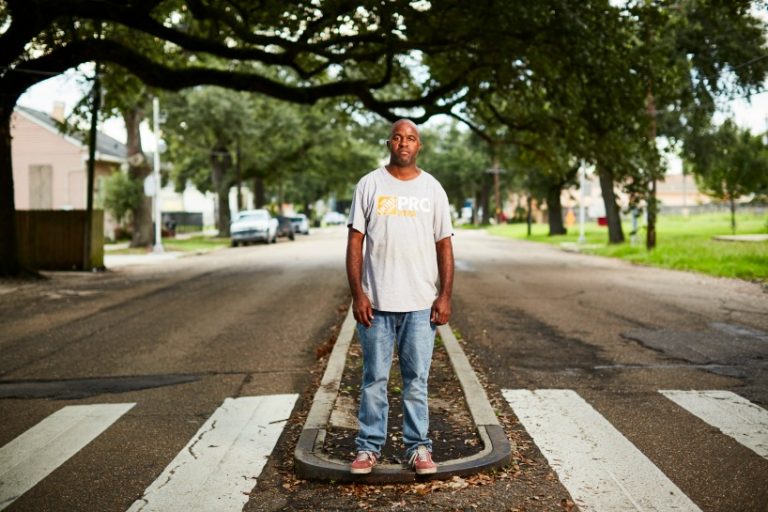Personal Narrative: Izell Mayes
Mayes’ traffic debt started back in 1989 when he got his first traffic ticket and couldn’t afford to pay it. He missed one court date after another and also racked up more traffic citations until his total traffic ticket debt was nearly $23,000.
